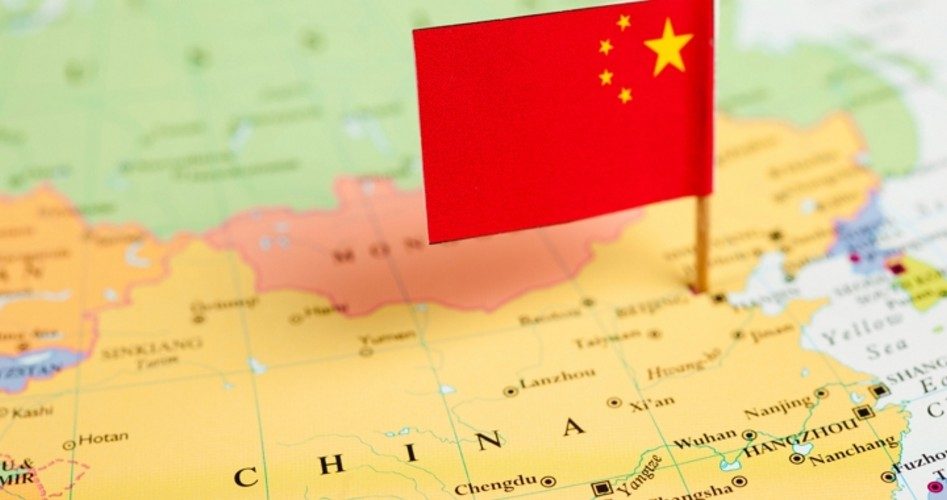
Podcast: Play in new window | Download ()
Subscribe: Android | RSS | More
In July, CNBC reported that more than 50 companies had moved some, most, or all of their manufacturing facilities out of China in response to President Trump’s tariffs. Combined with rising wages in China, the business environments in Vietnam, India, Korea, and elsewhere in Asia are looking more and more attractive to companies caught in the crossfire.
At the time, personal computer makers HP and Dell were reportedly considering moving up to 30 percent of their notebook production out of China to Southeast Asia. Others, including Apple and Nintendo, are accelerating their plans to exit China in favor of Vietnam and Thailand.
As the pressure of mounting tariffs and increasing Chinese reluctance to strike a comprehensive deal with the Trump administration mounts, Fitbit, Samsung, GoPro, and Crocs are joining the exodus. Ron Kisling, chief financial officer at Fitbit, said, “In 2018, in response to the ongoing threat of tariffs, we began exploring potential alternatives to China. As a result of these explorations, we have made changes to our supply chain and manufacturing operations, and have additional changes underway. Based on these changes, we expect that effectively all trackers and smartwatches, starting in January 2020, will not be of Chinese origin.”
GoPro has moved even faster. CFO Brian McGee said his company was “moving most of our US-bound camera production out of China” with its exodus to be complete by the fall of 2019.
Other companies such as iRobot, LG Electronics, and Sony are making similar moves to Vietnam and Thailand.
Furniture maker Lovesac, headquartered in Stamford, Connecticut, is moving 75 percent of its production out of China because of the continuing trade wars. Said CEO Shawn Nelson, “If the tariff doesn’t go away, we will cease all production in China.”
Asian countries such as India are making the transition easier and more attractive financially. Aside from offering a workforce with wages at fractions of Chinese wages, the finance ministry just announced it was slashing corporate tax rates by more than 40 percent (from 29 percent to 17 percent) starting October 1. Further cuts not only in taxes but in regulations are anticipated as India eyes the possibility of enticing companies such as Apple to move some of their operations from China. Indian Finance Minister Nirmala Sitharaman said, “If a company like Apple and its entire ecosystem were to move to India, it would have a massive [impact].” He is hosting a visit by U.S. Treasury Secretary Steve Mnuchin next month to promote India as a better alternative for those companies exiting China.
For some companies such as Samsung, the decision is an easy one. It built its first smartphone plant in Vietnam in 2008 and another one in 2013. It’s building the world’s largest mobile-phone factory in India. So expanding its existing operations there makes good economic sense. For others, the decision to move out of China is more involved and more costly. Networks and supply lines that have been built up over the years would need to be reestablished elsewhere, and new workers would need to be trained for their positions.
But the decision to exit is made easier for at least two reasons. First, wages in China are now twice as high as in Vietnam, and several times higher than in India. Second is the increasing expectation that the trade war isn’t likely to end anytime soon. Phase One just announced by President Trump hasn’t been fleshed out, and isn’t expected to be signed anytime soon, thanks to Chinese stalling and demands for additional talks before doing so.
Decisions to leave the mainland are even showing up in the “official” Chinese reports on its economy. Unofficially, the Chinese economy is stagnant and unrest among its citizens is increasing. Economic iconoclast Harry Dent, developer of the “spending wave” theory that drives markets and economies, sees what’s coming for China:
I think China’s going to take the greatest economic fall of any major country.
They’re the only emerging country that has continually declining demographics. The top-down Chinese mafia-like government has overbuilt everything (decades ahead) in the name of job growth in cities to leverage steroid-like GDP growth.
Removing significant portions of its manufacturing base, as an increasing number of foreign companies are doing, adds to the risks being faced by the communists running China. If Dent is right, the incentive to move being felt by companies with significant exposure there will only increase over time.
An Ivy League graduate and former investment advisor, Bob is a regular contributor to The New American, writing primarily on economics and politics. He can be reached at [email protected].


